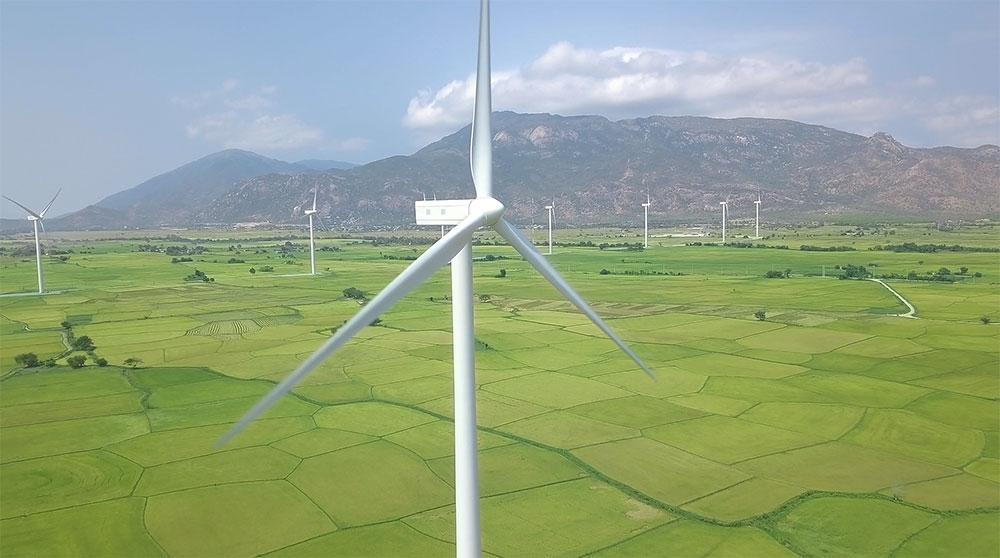Business Energy Broker
As the UK Government set targets to achieve ‘net zero’ it is important for us to understand what this means. To be net zero we have to have an equal balance of greenhouse gas emissions produced and greenhouse gases removed from our atmosphere.
Due to the government setting ambitious net zero targets for the years 2030 and 2050 it is important for businesses to understand what this means so that they can comply and work o solutions. This differs from ‘zero carbon’ as net zero does not mean that we are going to completely eliminate carbon emissions; we will balance out the production with reduction.
Being net zero is a more reasonable and realistic approach to tackling the production of greenhouse gases such as Carbon Dioxide (CO2) as some sectors prove to be too expensive, inefficient and, complex so this path allows for the continued production in these essential sectors as long as they are offset by trees, vegetation, oceans and, other carbon consuming plant life, also known as natural sinks.
Why do we need to achieve net zero?
In its simplest form we must achieve net zero to prevent dangerous global warming. The continuous production of greenhouse gases in the industrial age has put us at 1 degree Celsius warmer than pre-industrial. If this was to further increase with the production on greenhouse gases to 2 degree Celsius we would be at significant risk of floods, droughts or extreme heats.
This is why it is important for us to make the effort to meet the net zero targets by 2050 to maintain the earth and offset our emissions. However, this does not mean we should rely on just offsets. We must also use decarbonisation where possible as we also want to reduce the production of emissions rather than just offset them with reductions from the atmosphere.

More information is available by speaking to Jason Thackray on 0333 9000 246 or email :
jason.thackray@utilityswopshop.co.uk